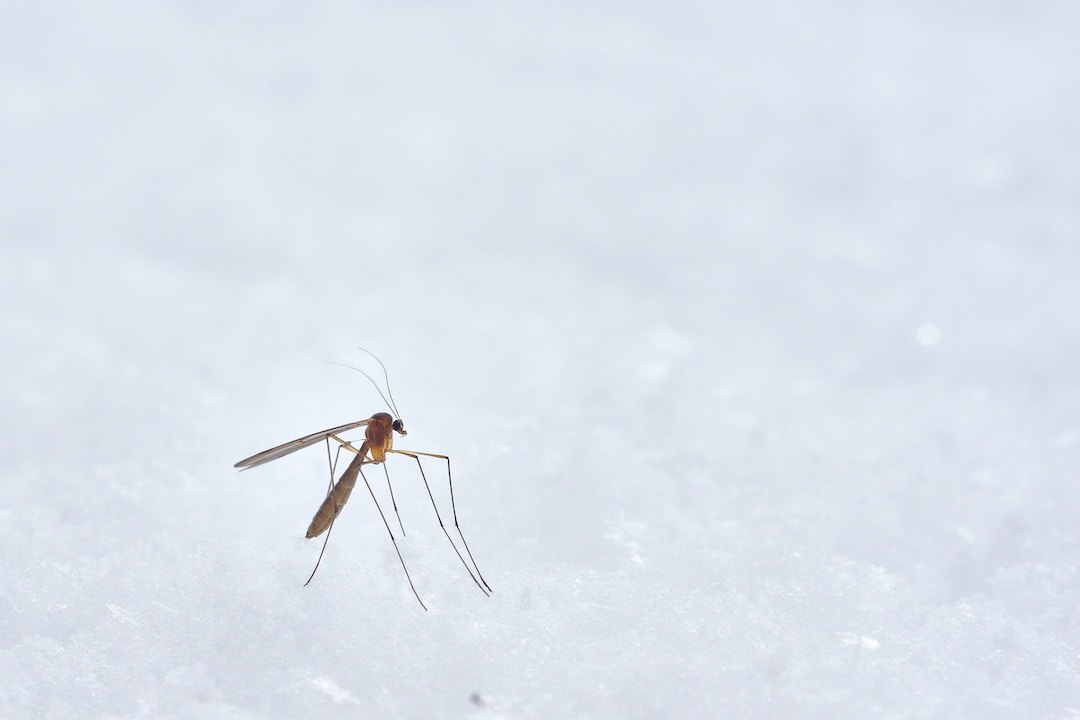A partnership between two leading organisations has led to a breakthrough in the treatment of Malaria.
La Trobe University has joined forces with AdAlta, a clinical-stage drug development company, to head research into a world-first malaria treatment. The treatment could help prevent the spread of this fatal disease, and protect people all over the world.
Understanding the disease
Malaria is a deadly disease typically spread through the bites of infected mosquitoes, most commonly the female Anopheles mosquito, or when these mosquitos bite an infected individual and carry their blood to another person. Malaria can also be transmitted through blood infusions, or contaminated needles and syringes.

Experts suggest using repellent, wearing protective clothing and sleeping under mosquito nets when traveling to areas where malaria is common.
Individuals with malaria typically experience fever, chills and other flu-like symptoms. More severe symptoms include fatigue, confusion, seizures and difficulty breathing. In 2022, there were an estimated 249 million cases across the world, resulting in 608,000 deaths over 85 countries, according to the World Health Organisation.
Currently, the best way to prevent malaria is to avoid mosquito bites in areas where the disease is common or take preventative medicine such as chemoprophylaxis. However, despite these strategies, malaria continues to result in significant illness and death every year.
A new prevention
Responding to the devastation caused by this disease, La Trobe University and AdAlta experimented with AdAlta’s proprietary i-body technology platform, which can respond to challenges with drug targeting and create more effective therapeutics. Their work led to the discovery of new i-bodies, which can protect human cells from being overtaken by malaria and similar parasites.
The study was led by Professor Mick Foley, who works at La Trobe University and is AdAlta’s Founding Chief Scientist. It was also run by PhD student, Dimuthu Angage.

Malaria is often spread through the bites of infected mosquitos.
“This could enable a whole new approach to treating malaria,” says Professor Foley.
“To date, no antibody-like molecule has been able to combine the ability to bind strongly to multiple strains of malaria parasite with high potency killing.
“This incredible variability between strains has plagued all previous attempts to produce a single antibody that can inhibit parasite invasion.
“With our approach, we have been able to develop a treatment that essentially protects the human body from becoming infected at two different lifecycle stages of the parasite, and across multiple strains, which will open up new avenues to malaria treatment.”
The team is now looking into developing the potential of this discovery and brainstorming how it can be implemented worldwide.
“These results are further evidence of the value of AdAlta’s long-standing collaboration with La Trobe University,” AdAlta CEO and Managing Director, Dr Tim Oldham, said.
“These outcomes once again demonstrate the versatility and power of the i-body® platform to address drug targets and diseases that challenge traditional antibody approaches.”
The hope is that this antibody could prevent infection and save countless lives over the coming years.
To learn about how insects can sometimes help scientists with disease monitoring and prevention, click here.

